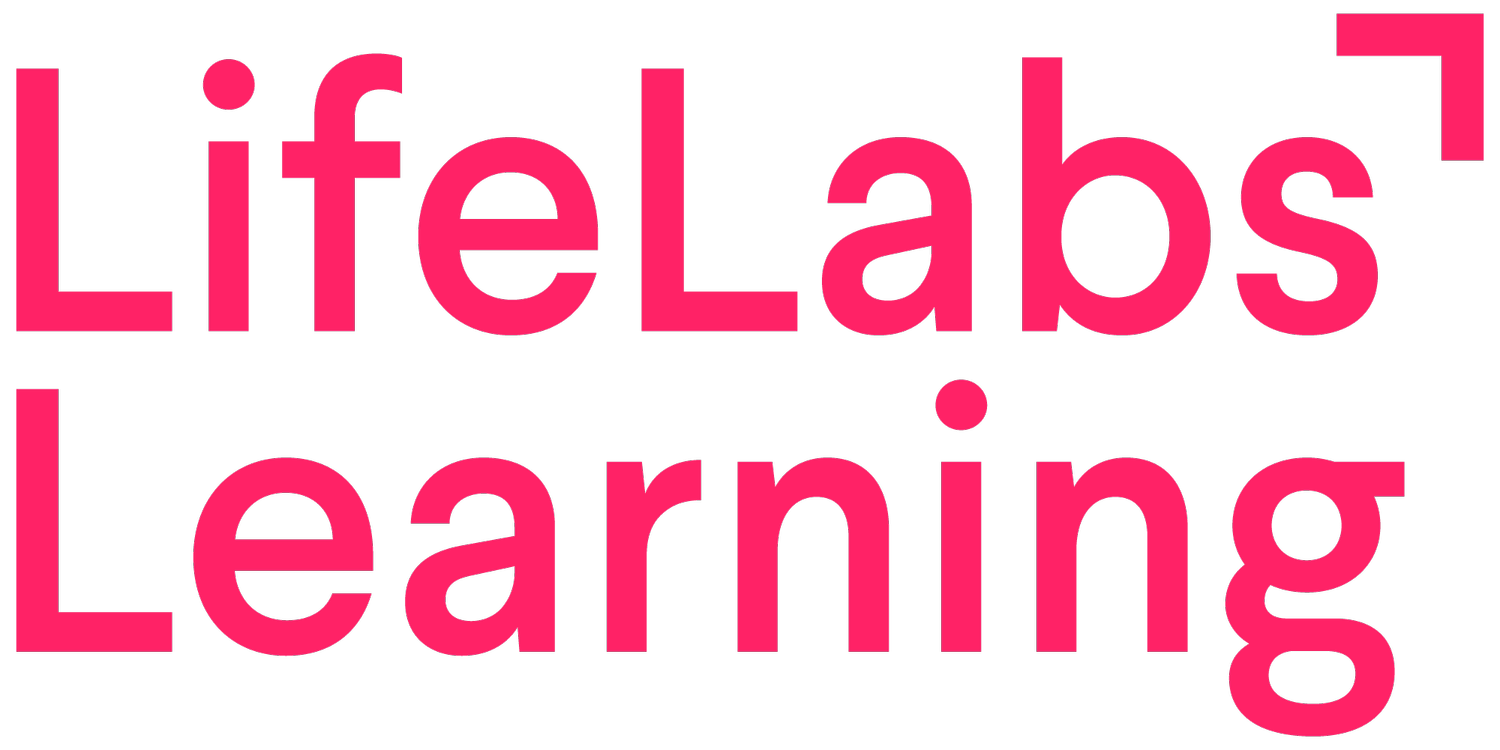Manager CORE Program: Part 1
We’ve combined research in psychology with years of our own findings to identify the CORE skills of great managers. Our Manager CORE Part 1 program rapidly equips participants with core skills to become effective and inclusive leaders – especially in times of uncertainty and rapid change.
Program design
Workshop content can be foundational (first-time managers) or leveled up for experienced manager, director, and executive audiences.
Each Manager CORE series is 5 workshops (2 hours each designed for small groups)
Every program includes:
World-class, live facilitation
Program launch guidance, templates and resources from our team
Summaries of each session
Worksheets
Reusable templates
Automated practice prompts
Learning retention tools
Included Workshops
-
In this workshop, you will learn the fundamental tool of great leaders: how to use questions to engage, empower, and improve performance in your direct reports. Through a series of science-based exercises, you will learn how to help your reports become more self-sufficient, resolve their own problems, and make more valuable contributions to your team, even when times are uncertain. We’ll also cover “adaptive coaching,” including how to coach well remotely and when emotions are escalated.
During this workshop, managers will practice:
• Active listening
• Question agility
• Coaching through work-related challenges
After this workshop, managers will know how to:
• Motivate and empower their reports
• Help their reports become proactive and independent
• Listen and communicate more effectively
-
Knowing how to give feedback that is specific, actionable, and motivating is the hallmark of a strong manager. In this lab, you’ll practice the science and art of giving, receiving, and asking for effective feedback, even in tough situations.
During this workshop, managers will practice:• Preparing for a tough conversation
• Giving and asking for feedback
After this workshop, managers will know how to:
• Handle difficult conversations well
• Give actionable feedback
• Ask for feedback effectively
-
This workshop bundles the most effective techniques for working smarter when time and resources are limited. You’ll learn to diagnose your and your team’s productivity challenges and walk away with tools for improving time awareness, prioritization, organization, and focus for yourself and others.
During this workshop, managers will practice:
• Prioritizing tasks
• Fixing common time management challenges
After this workshop, managers will know how to:
• Manage their time and their reports’ time well
• Clearly communicate priorities
• Take action proactively vs reactively
-
You’ll walk away from this workshop knowing how to transform your 1-1s into productive, motivating, and energizing sessions. This includes adaptive 1-1 skills, for creating clarity when working remotely and in times of uncertainty.
During this workshop, managers will practice:•Holding developmental 1-on-1 conversations
After this workshop, managers will know how to:
• Increase sense of meaning and inclusion
• Use 1-on-1s to drive performance and engagement
-
3 months later, at the critical point in the learning cycle when new skills start to fade, participants assess their CORE 1 skills, then take them to the next level by applying them to challenging scenarios
Optional Add On Workshops
-
To be adaptive, every manager needs to know how to manage well remotely, at any time and on demand. How is managing a remote or partially remote (what we call ‘hybrid’) team different? In this workshop participants will get trained in the unique challenges of remote and hybrid-remote management. They’ll learn how to optimize work and collaboration in the biggest challenge areas: communication, connection, trust, fairness, and growth. The result: employees that are engaged and productive, no matter their location.
During this workshop, participants will:
• Discuss the unique challenges (and benefits!) of distributed setups
• Learn the 3 unique drivers of distributed employee success: managing communication, managing connection, managing energy
• Learn how to optimize communication dynamics. Exercises include creation of faster feedback loops, practice with expectation setting and resetting, understanding how to provide contextual information, and analysis of distribution of knowledge that is unique to the remote environment. Also includes awareness-building exercises showing how misinterpretations in the meaning of silence can occur, and how to avoid those misinterpretations
• Learn how to optimize connection and developing team inclusion habits
• Learn how to optimize trust dynamics. Exercises include practice with a 4-point checklist for clarity of responsibilities, consistent 1-1s, checkpoints, and results-based metrics (focusing on output and deliverables rather than simply input)
• Learn how to optimize growth dynamics, including how to help remote employees stretch their skills, create development goals, give them exposure to the right people within the organization, and helping their projects and successes become more visible
• Learn hacks to immediately improve hybrid meeting dynamics
• Create a plan to put what was learned in this workshop into action in the week ahead
After this workshop, participants will:
• Increase engagement and workflow for remote and in-person employees
• Know how to diagnose and fix unspoken issues that are unique to remote management situations
-
Research shows that trust is the number one differentiator of high performing teams. Why? Teams with high levels of psychological safety innovate more, learn faster, and perform better. In contrast, teams with low psychological safety are doomed to repeat mistakes and avoid sharing new ideas.
Our Rapid Trust workshop focuses on the tipping-point skills that help your organization:
• Maximize the potential of your teams to drive innovation
• Enable team members to perform at their best even in times of rapid change
• Increase team learning behaviors to more effectively learn from mistakes
• Quickly build trust within and among teams, even in cross-cultural and hybrid environments
During this workshop participants will:
• Diagnosing trust dynamics and identifying solutions to fix them
• Cross-cultural awareness and understanding the pros/cons of different working styles
• Extracting learning from failure
• Creating trust, rapport, and productive vulnerability
After this workshop, participants will be able to:
• Build strong relationships fast
• Create productive vulnerability
• Build relationship resiliency
• Rapidly learn from failure
• Develop an action plan to increase psychological safety on any team they are a part of
-
Research shows that poor collaboration is a top predictor of strategic failure. On the positive side, teams that practice the art of productive conflict are more innovative and successful than those who do not. Teams that have good conflict competency can not only handle any tension that comes their way, they can also accelerate the results of collaboration.
In this workshop, we focus on the tipping point skills that your organization needs in order to:
• Boost performance towards priorities, even when those priorities change
• Work more effectively cross-functionally and cross-culturally in hybrid, remote, and high change environments
• Stop wasting time, energy, and resources on the most frequent collaboration and conflict hotspots
• Keep engagement high even in the face of conflict
During this workshop, participants will practice:
• Handling shifting priorities - what to do when goals suddenly change
• Cross-functional and cross-modality skills to increase alignment and motivation
• Conflict mediation - how to stop wasting time, energy, and resources on the most frequent collaboration and conflict hotspots
• Coaching and giving feedback to each other on how to handle conflict"
After this workshop, participants will leave with:
• Skills to increase productive collaboration and reduce unproductive conflict
• Tools to bridge the gap between different team cultures and collaboration styles
• Communication and project management norms that work in hybrid/remote/high change environments
• Techniques to successfully negotiate when priorities conflict
-
We are all biased, and yet bias doesn't have to stop us from being deliberately inclusive and leveraging our differences. In this workshop, you will learn the psychology of unconscious bias and its impact at work. Then we'll practice behaviors of inclusion - small habits that improve 1-1 interactions, gatherings, meetings, feedback, and decisions. You'll leave with greater confidence and simple tools to be a better advocate for yourself and others.
During this workshop participants will:
• Develop a shared language and increased conversational capacity to talk about bias and inclusion
• Learn about the science behind unconscious bias
• Understand the impact of bias in the workplace
• Practice behaviors of inclusion for the biggest exclusion hotspots: 1-1 interactions, gatherings, meetings, feedback & decisions, microaggressions, and internal bias
• Create an action plan to apply insights and continue learning
After this workshop, participants will know how to:
• Speak with greater clarity and confidence on issues of diversity and inclusion
• Notice bias in everyday interactions and decisions
• Create a greater sense of belonging for their coworkers
• Make sure every voice is heard in meetings
• Ask questions that lead to insight (for themselves and others)
• Intervene constructively when they see bias at play
• Keep noticing and filling their own gaps in awareness"

Our leadership development approach produces rapid and lasting results:
99%
of learners have used at least one new skill 6-12 months later.
100%
of participants’ managers said they were still seeing a positive impact 6 months after training.
95%
of participants say our programs are useful and engaging


